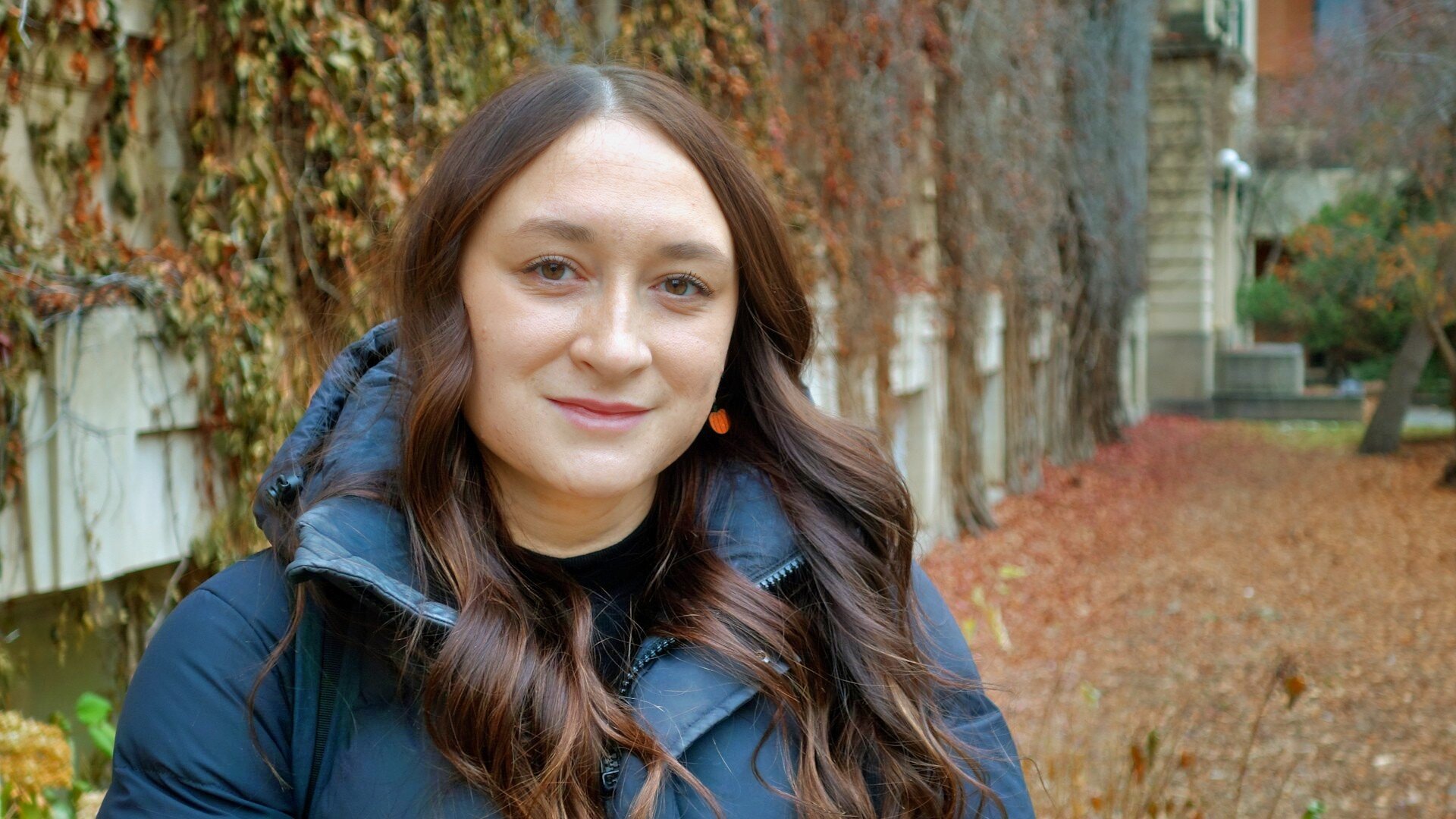

Many non-Indigenous Canadians may have a ways to go in shedding negative stereotypes of Indigenous people, according to a recent study by a University of Alberta master’s student in psychology.
When asked to respond to identifiers commonly used to describe Indigenous peoples in Canada—including Indigenous, Aboriginal, Native, First Nations, Métis, Inuit, Indian and North American Indian—participants in a survey rated them all as conveying less warmth and competence than those describing other ethnic groups.
A key distinction in the survey by Plains Cree graduate student Lakota Wood was that respondents were asked to rate how “typical Canadians” perceive those identifiers, rather than how they might perceive the labels themselves.
“Our results align with the premise that even if individuals do not personally endorse prejudicial values, they may still be aware of those stereotypes and, as a result, respond negatively,” says Wood, who designed her survey in collaboration with the U of A’s Indigenous Students’ Union, the City of Edmonton’s Indigenous Relations Office and the First Peoples’ House community.
“This indicates that in the face of stereotypical associations, continuing to change and update Indigenous labels may not be sufficient, as we are only changing the label, not the stereotype content.”
With the help of the Indigenous Students’ Union, Wood recruited 402 non-Indigenous introductory psychology students to complete her survey online. Participants ranged in age from 18 to 37, all born in Canada with diverse backgrounds.
Wood’s findings rely on a theoretical approach in social psychology known as the stereotype content model, which stipulates that “all cultural group stereotypes and personal impressions form according to qualities of warmth (friendly, likable, trustworthy) and competence (intelligent, efficient, capable).”
Her survey confirms previous studies showing that Indigenous groups rate lower on perceptions of both competence and warmth than English Canadians, French Canadians, Chinese Canadians and South Asian Canadians.
“It was disappointing to see that Indigenous terms had less warmth and competence,” says Malijha Moyan, president of the Indigenous Students’ Union. “But I wasn’t too surprised, either, because of the nature of our relationship with Canada.”
The survey revealed little difference in rating for warmth and competence among the Indigenous terms.
“This was an unexpected finding, as we hypothesized that preferred terminology— especially Indigenous, which is viewed as more inclusive and respectful—would be rated higher to reflect those connotations,” says Wood.
Another surprise was that survey respondents rated “Indian” as suggesting higher competence than other more current and accepted terms, even though the word is widely viewed as derogatory and dated in referring to Indigenous people.
One explanation, says Wood, is that there may have been confusion in the eyes of some between Indians from India and North American Indians.
“For warmth, all Indigenous labels were rated equally,” she says. “For competence, ‘Indian’ was significantly higher than ‘North American Indian,’ and ‘North American Indian’ was significantly higher than all the other Indigenous labels.”
In consulting with her own Indigenous family and community connections, however, Wood found that “Indian” was often their own preferred descriptor in referring to themselves and each other.
“I talked to (Indigenous) people who did prefer that term for themselves,” she says. “But I think it’s a very different experience when it’s an Indigenous family member using that term as opposed to somebody outside of the family.”
She notes that the word is still used by the Canadian government in official documents, such as the Indian Act, or in describing First Nations status as “certificate of Indian Status.”
The main takeaway from her study, says Wood, is that however they’re perceived, using such descriptors correctly is “always going to be an important aspect of showing respect to Indigenous people and of fostering positive relationships between Indigenous and non-Indigenous groups.”
And those identifiers will continue to evolve.
“It’s always important to ask people what label they prefer. And if you’re not sure, don’t be afraid to ask.”
Provided by
University of Alberta
Citation:
Stereotypes of Indigenous people slower to change than labels, study suggests (2023, December 6)
retrieved 6 December 2023
from https://phys.org/news/2023-12-stereotypes-indigenous-people-slower.html
This document is subject to copyright. Apart from any fair dealing for the purpose of private study or research, no
part may be reproduced without the written permission. The content is provided for information purposes only.





